The last supper: what happens to food that Tier 3 restaurants can’t dish out?
Massive amounts of wastage on menu as tougher coronavirus restrictions imposed in London and southeast regions
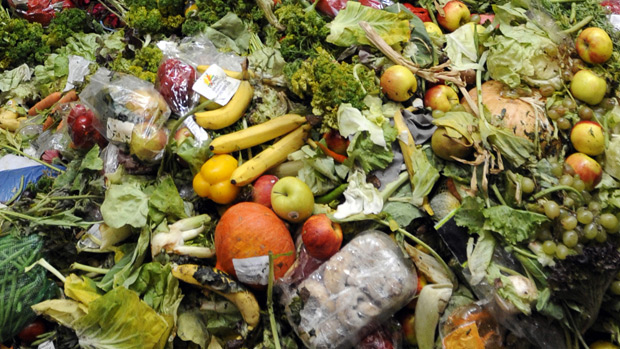
A free daily email with the biggest news stories of the day – and the best features from TheWeek.com
You are now subscribed
Your newsletter sign-up was successful
Restaurant chefs who expected to feed countless guests over Christmas are facing the prospect of binning their food stocks instead as Tier 3 restrictions come into force in London and much of the Southeast.
Tuesday night saw venues across the capital serving up what has been dubbed “the last supper”, before the new coronavirus regulations took effect at midnight, The Guardian reports.
But with restaurant doors now closed - and Christmas bookings cancelled - millions of pounds of unused festive food is set to go to waste.
The Week
Escape your echo chamber. Get the facts behind the news, plus analysis from multiple perspectives.

Sign up for The Week's Free Newsletters
From our morning news briefing to a weekly Good News Newsletter, get the best of The Week delivered directly to your inbox.
From our morning news briefing to a weekly Good News Newsletter, get the best of The Week delivered directly to your inbox.
‘Disastrous’ blow
Restaurant owners and staff were given less than 48 hours’ notice of the move into Tier 3, in what industry insiders describe as a “kick in the teeth” by the government, says The Guardian.
With hundreds of thousands of hospitality jobs already lost as a result of the Covid pandemic, and more than 70% of venue owners fearing permanent closure in 2021, the prospect of throwing away valuable stock is a heavy blow to an already struggling industry.
UKHospitality chief executive Kate Nicholls said: “As with previous short-notice lockdowns, this is going to cause a glut of wasted food and drink. It’s not possible to just turn on and off a hospitality business.
A free daily email with the biggest news stories of the day – and the best features from TheWeek.com
“Beer will go down the drain, fresh food will have to be thrown away and there will be impacts throughout the supply chain of cancelled orders. This stop-start approach to hospitality is disastrous.”
According to the Daily Mail, “one London restaurant owner revealed the move into Tier 3 had already cost him £42,000 in lost bookings, in addition to a week's worth of wasted stock, and The Breakfast Group chain said it would lose up to £50,000 of fresh food and drink”.
Freezing assets
Not all of the unused food will be thrown away, with many restaurants offering delivery and takeaway services while Tier 3 restrictions are in place.
Some produce can also be frozen, albeit for limited amounts of time.
Following yesterday’s “last supper”, restaurants have been busy “vacuum-packing fresh food and scouring their freezers for space”, says The Guardian.
“We were due to have full restaurants this week, including booked-out private dining rooms, and we had ordered a load of produce in,” Ben Tish, culinary director of Norma in Fitzrovia and the Game Bird at The Stafford hotel in Green Park, told the paper.
“We were also booked up on Christmas Day at The Stafford - with about 100 guests due - and had already ordered and received 100 lobster tails costing about £25 each. Those will freeze but not for long.
“We have also got a lot of special ingredients which we love to serve during the festive period – truffles, for example. These don’t freeze, so that’s another financial loss.”
Redistribution and donations
Many restaurants have announced that surplus food that can’t be frozen will be given to staff to take home or donated to charities, food banks and other good causes.
Middle Eastern restaurant Le Bab, in London’s Carnaby Street, told that Mail yesterday that “the company will be doing the same thing we did during the first lockdown. Everything left over in this restaurant and our sister restaurant in Covent Garden tonight will be cooked and donated to NHS staff.”
Meanwhile, the UK’s largest food redistribution charity, FareShare, is diverting resources to cope with the “torrent of donations from the hospitality and food service sectors ”, The Guardian reports.
Lindsay Boswell, FareShare’s chief executive, said: “We have a robust infrastructure and more capacity than ever before, and as demonstrated throughout the Covid-19 crisis we were ready to work immediately with the food industry and charities… to ensure that no good food goes to waste.”
Mike Starling is the former digital features editor at The Week. He started his career in 2001 in Gloucestershire as a sports reporter and sub-editor and has held various roles as a writer and editor at news, travel and B2B publications. He has spoken at a number of sports business conferences and also worked as a consultant creating sports travel content for tourism boards. International experience includes spells living and working in Dubai, UAE; Brisbane, Australia; and Beirut, Lebanon.
-
 ‘Restaurateurs have become millionaires’
‘Restaurateurs have become millionaires’Instant Opinion Opinion, comment and editorials of the day
-
 Earth is rapidly approaching a ‘hothouse’ trajectory of warming
Earth is rapidly approaching a ‘hothouse’ trajectory of warmingThe explainer It may become impossible to fix
-
 Health insurance: Premiums soar as ACA subsidies end
Health insurance: Premiums soar as ACA subsidies endFeature 1.4 million people have dropped coverage
-
 Why is pizza in decline?
Why is pizza in decline?In the Spotlight The humble pie is getting humbler
-
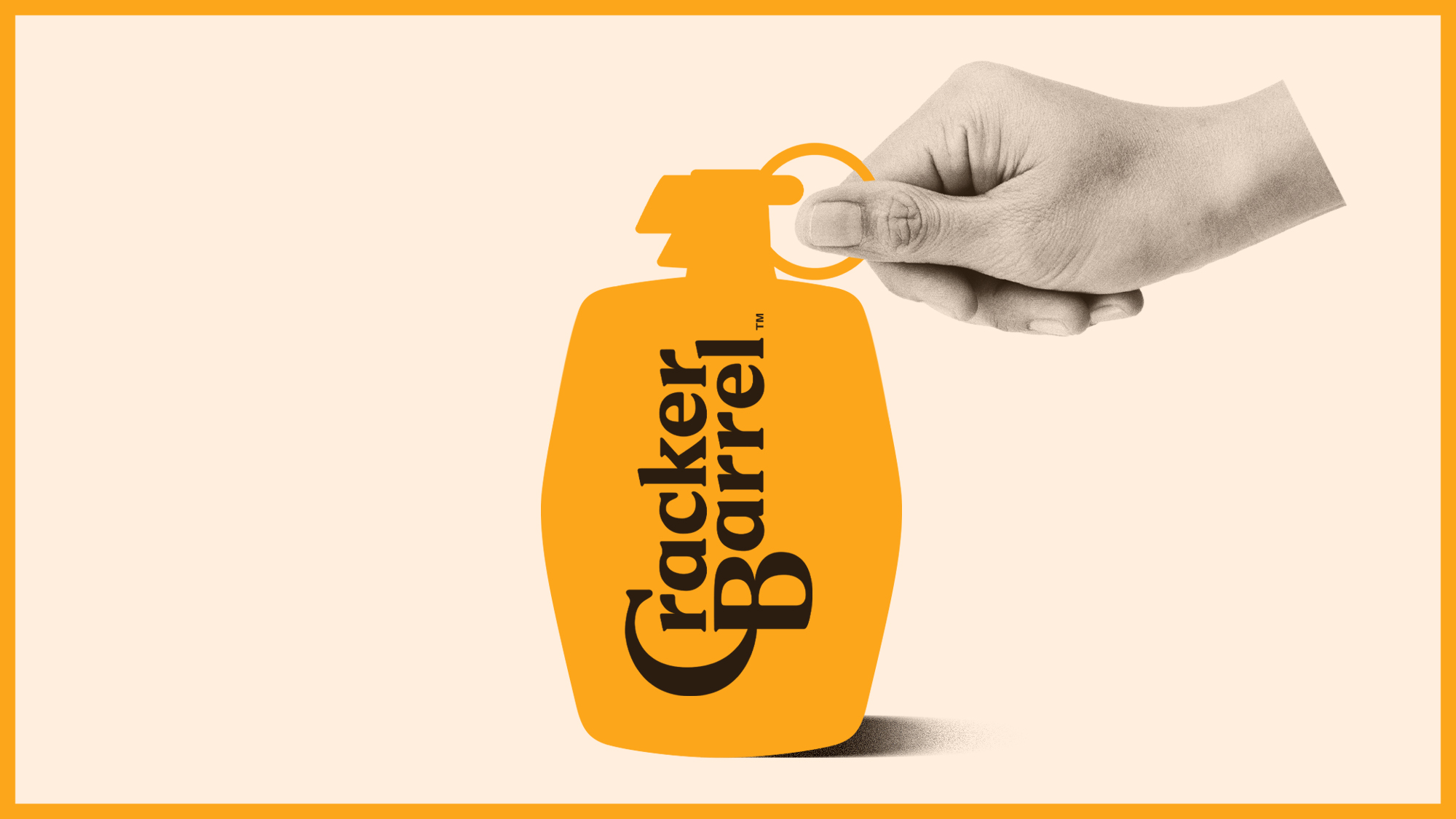 Cracker Barrel crackup: How the culture wars are upending corporate branding
Cracker Barrel crackup: How the culture wars are upending corporate brandingIn the Spotlight Is it 'woke' to leave nostalgia behind?
-
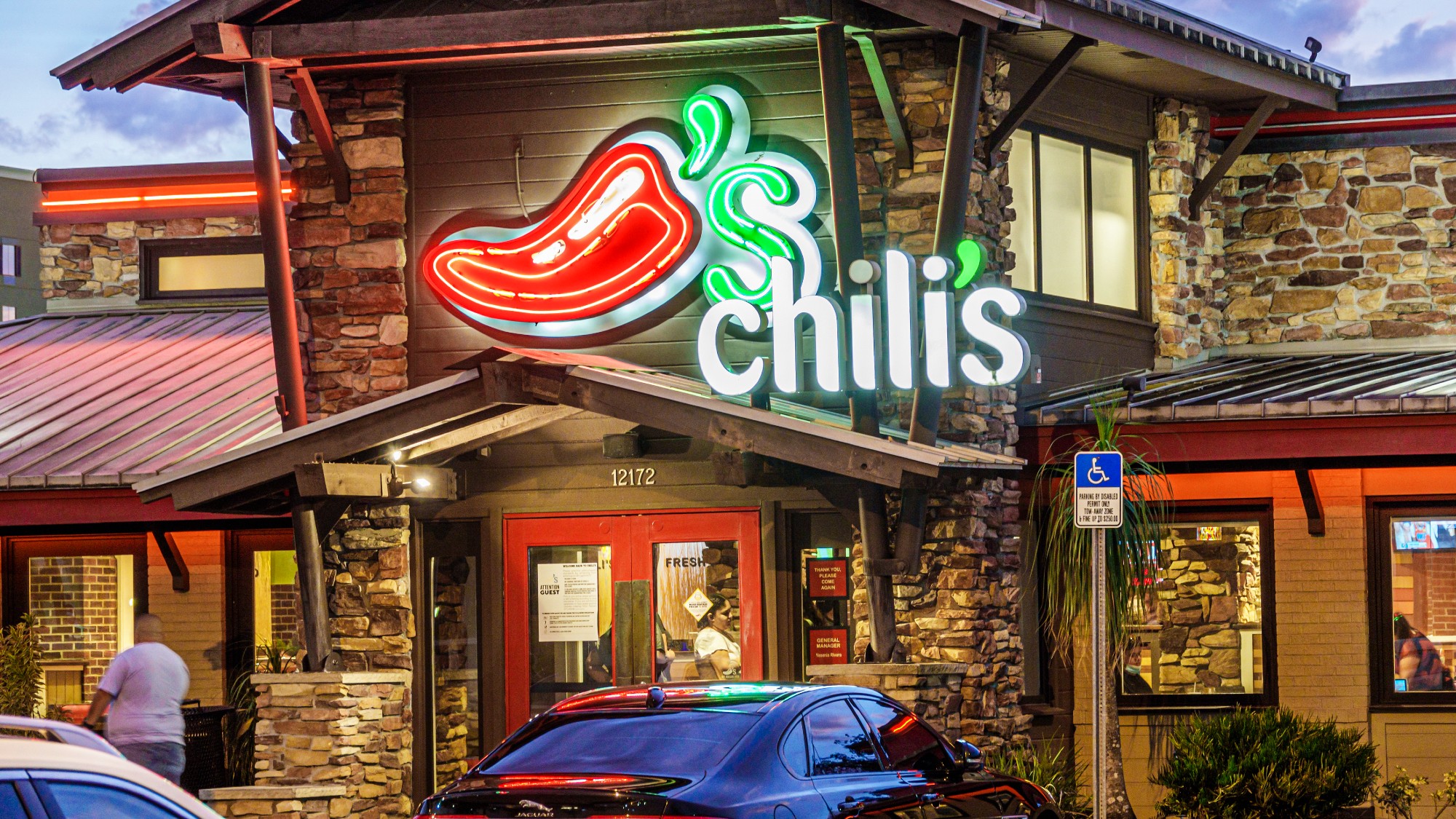 How is Chili's saving casual dining? Could others follow?
How is Chili's saving casual dining? Could others follow?Today's Big Question Value and TikTok virality bring in the diners
-
 Why are America's restaurant chains going bankrupt?
Why are America's restaurant chains going bankrupt?Today's Big Question Red Lobster was the first. TGI Fridays might be next.
-
 It's not your imagination — restaurant reservations are becoming harder to get
It's not your imagination — restaurant reservations are becoming harder to getIn the Spotlight Bots, scalpers and even credit card companies are making reservations a rare commodity
-
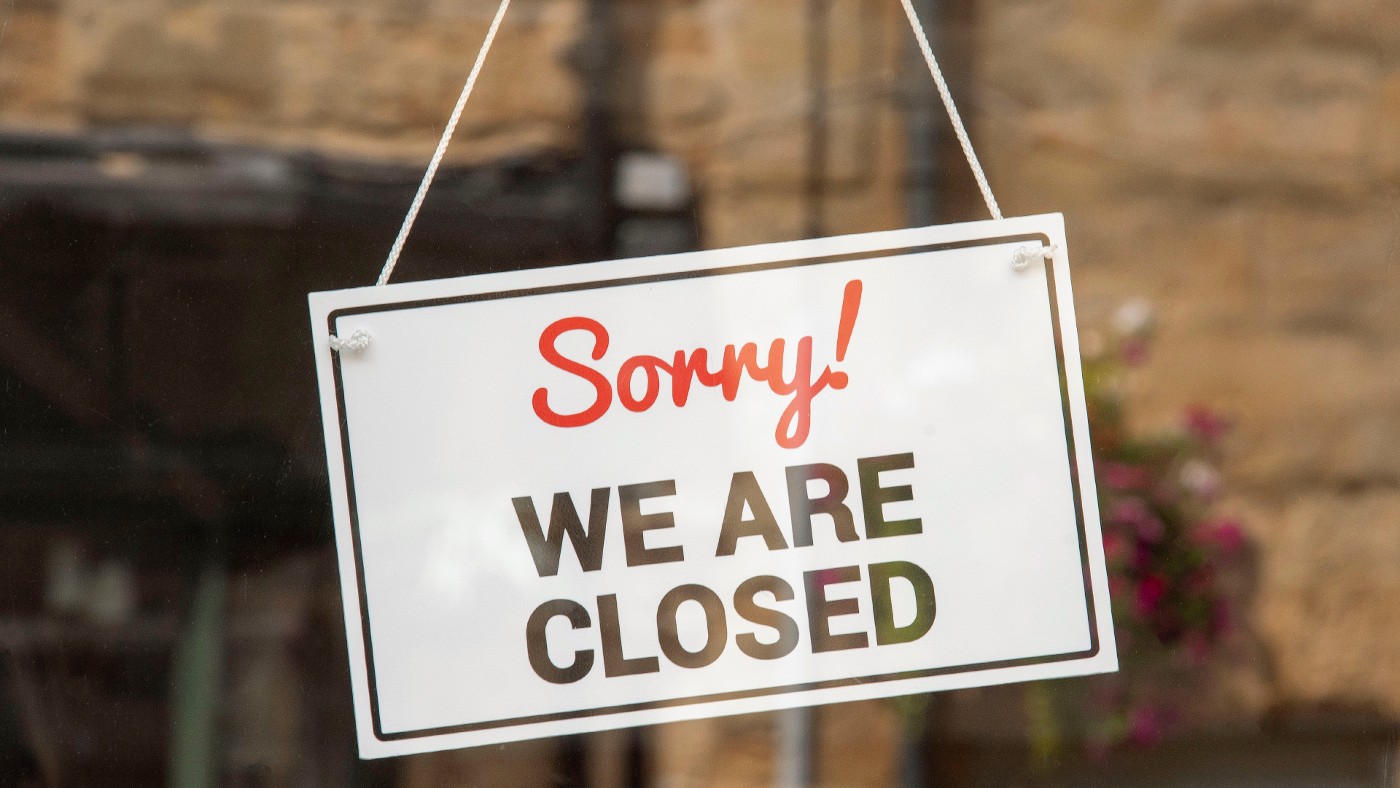 ‘Ridiculous’ deal closes restaurant in weeks
‘Ridiculous’ deal closes restaurant in weeksfeature And other stories from the stranger side of life
-
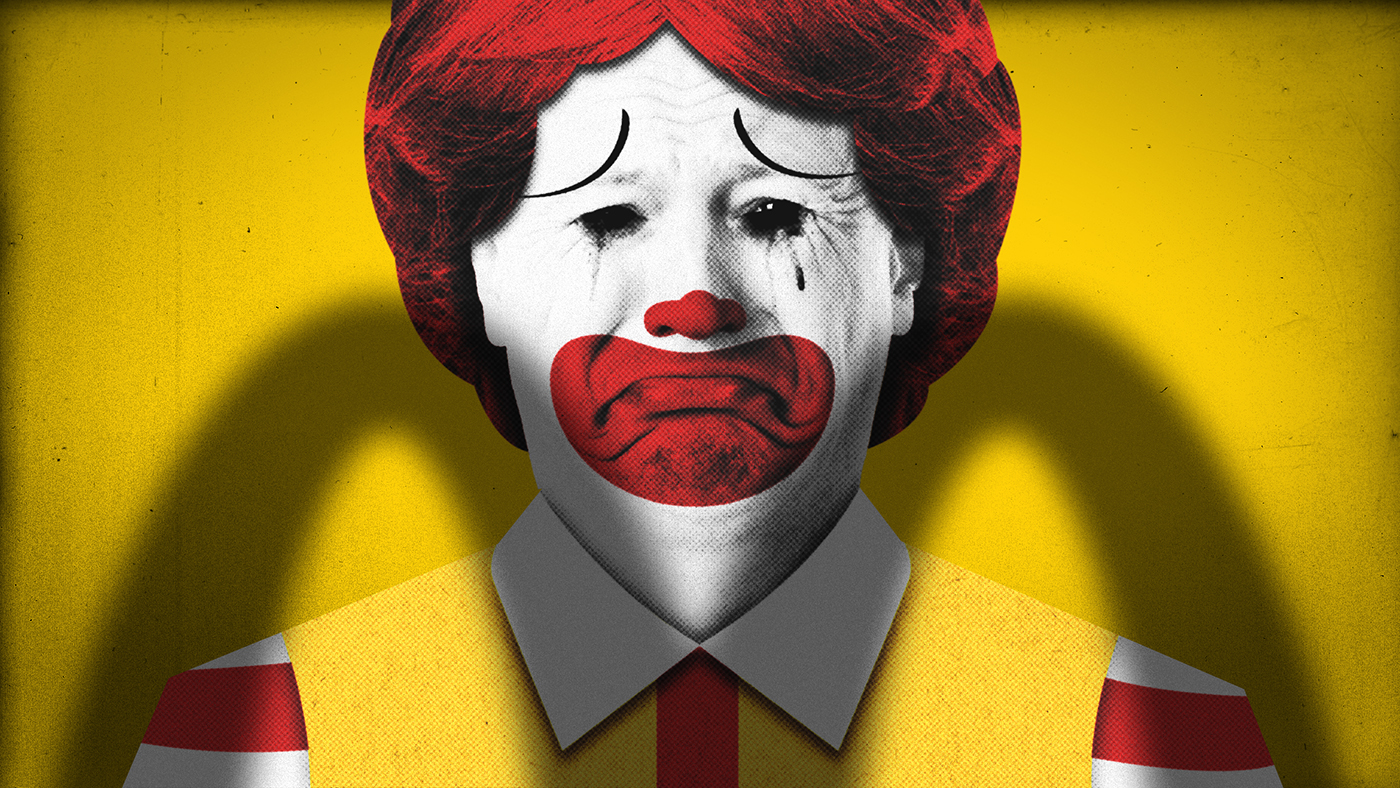 What’s happening at McDonald’s?
What’s happening at McDonald’s?Under the Radar Fast-food chain closed US offices and told staff to work from home while it announces job cuts
-
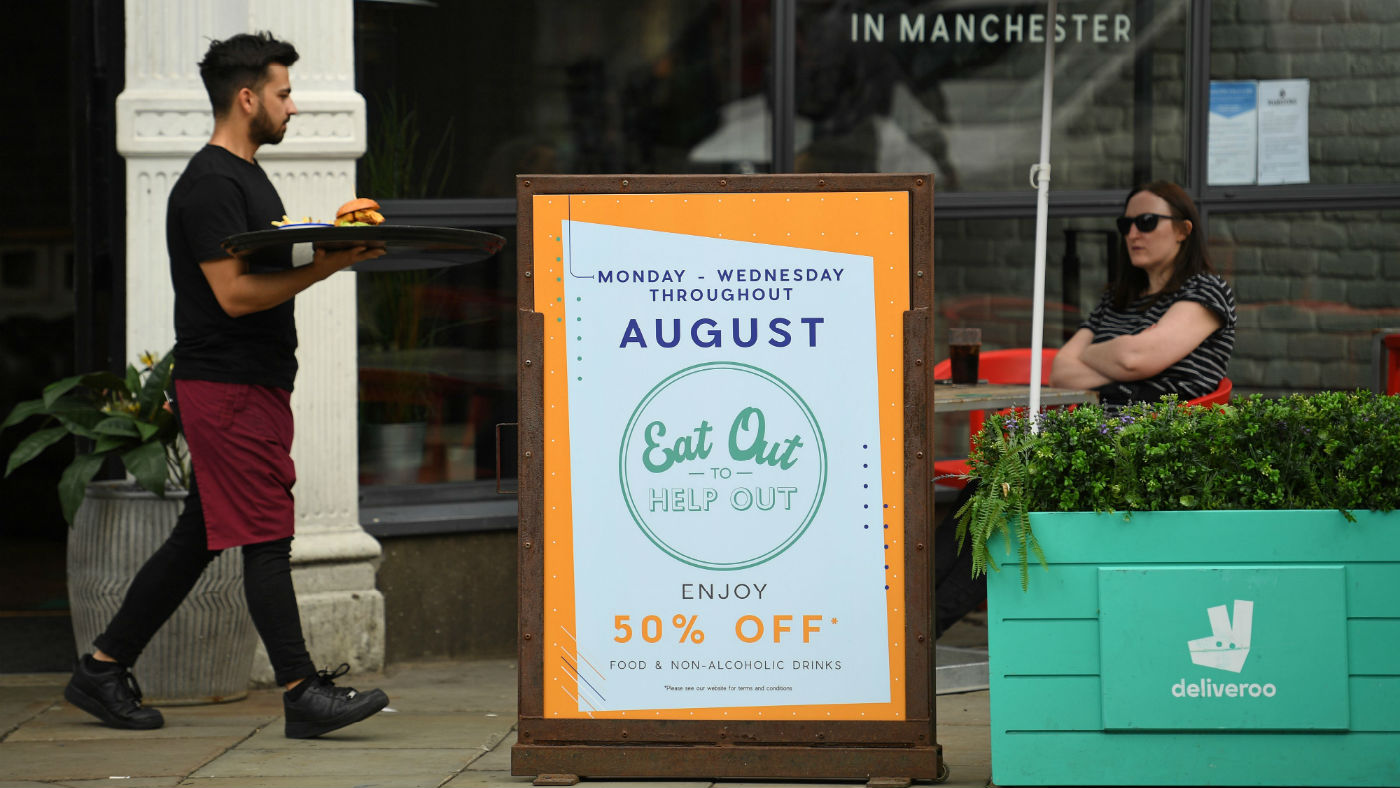 Rishi’s dishes: has Eat Out to Help Out worked and should it be extended?
Rishi’s dishes: has Eat Out to Help Out worked and should it be extended?In Depth Restaurant and pub diners have tucked into 64 million discounted meals in three weeks